Did you know, multiple research studies show that using mobile screens for over 8 hours a day and within 30 minutes of sleep can reduce sleep quality. It turns out, your parents were right – putting down your phone before sleeping is important.
Even having your phone near your pillow is linked to poor sleep, emphasizing the harmful impact of screens. While we aren’t here to discourage screen usage completely, our goal is to inform you on how screen exposure and blue light affect your sleep so you can make informed choices for your routine.
How does exposure to electronics affect your sleep?
Using electronics, throughout the day and particularly before bedtime can impact your sleep for multiple reasons. Let’s take a look at some of the most prominent ones:
- The Blue Light Effect: Blue light has been shown to reduce melatonin production and decrease feelings of sleepiness. Blue light can also reduce the amount of time you spend in slow-wave and rapid-eye-movement (REM) sleep.
- Your Mind Gets Distracted: Your mind has the tendency to stay active long after you have had your last social media interaction. The last thing our brain requires when it’s time to turn off the lights and go to bed is additional information and stimulation.It’s also more than just the alertness you gain from late-night social media use; it’s also the constant awareness of your phone and keeping an eye on the notifications.
- Emotional Imbalance: Using your phone too close to bedtime can have a bad effect on your emotions. It disrupts the tranquility that should come with sleeping. You may see a post that could make you upset, and trigger anxiety. You may also feel intense happiness, which delays falling asleep and, as a result, delays REM sleep.
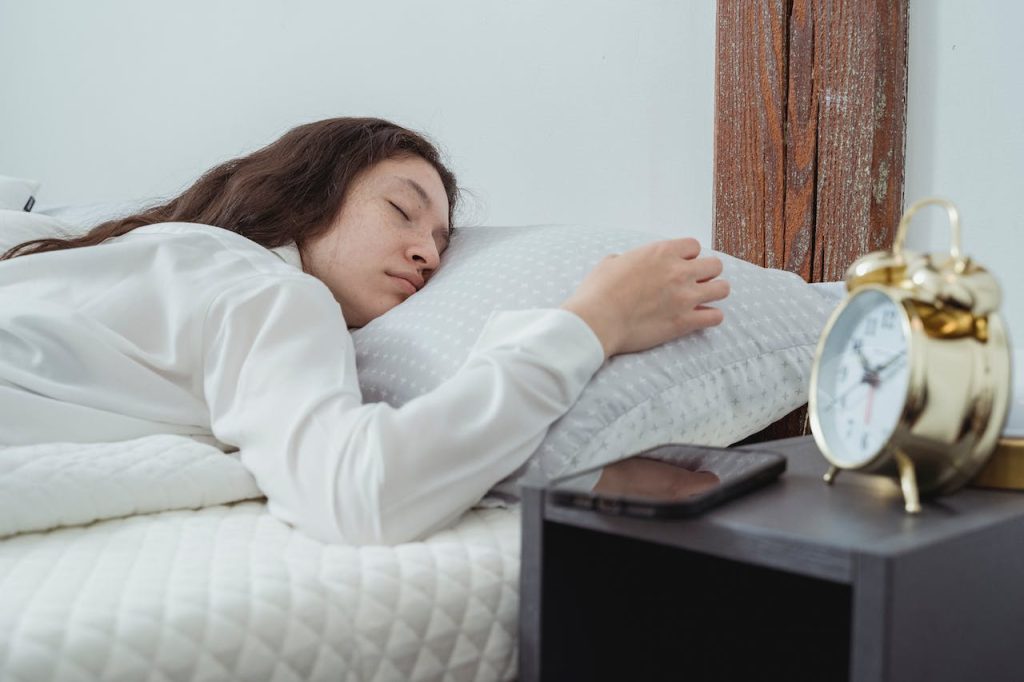
What can you do to help?
As we mentioned before, we don’t want you to toss your screens in the bin! So here is a list of practices that you can incorporate into your routine, which will ensure mindful usage of devices.
- Keep your phone out of the room! : Your phone kept in your room can be a temptation to scroll the night away. We don’t want that, do we? Besides, it will always keep you on the lookout for notifications and updates
- Tuck your phone away an hour or two prior to bedtime: Of course, there is no hard and fast rule to this, but according to your routine, try to not expose yourself to blue light at least an hour prior to bedtime. It will give you time to relax, clear your mind and help you have a peaceful sleep.
- Set a bedtime routine: Routines help. Having a good bedtime routine can signal your brain that it is time to sleep. It helps you unwind, and get rid of all the anxiety and stress. Incorporate a soothing habit, probably reading, an extensive skincare routine or, meditation, and make it personal and sacred.
- Dim your bedroom lights: According to some research, typical indoor light levels of 100 lux or more can suppress the production of melatonin and disrupt your sleep-wake cycle. A much smaller degree of melatonin production is impacted by dim indoor illumination.
- Use Blue Light Filtering Glasses: If you have to submit that assignment right before the clock hits 12, or you have to turn in that proposal that could get you your promotion, who are we to stop you? But while you’re at it, use glasses that protect your eyes from the harmful blue rays, so that you can minimize the damage caused by them.
In conclusion, the impact of mobile usage on sleep quality is an increasingly relevant and pressing issue. The blue light emitted by mobile screens, combined with the constant stimulation of social media and messaging apps, can disrupt our natural sleep patterns and lead to a host of negative consequences. However, there are steps we can take to mitigate the impact of mobile usage on our sleep. Ultimately, it is up to us to prioritize our sleep and recognize the importance of disconnecting from our mobile devices in order to achieve restful & restorative sleep.







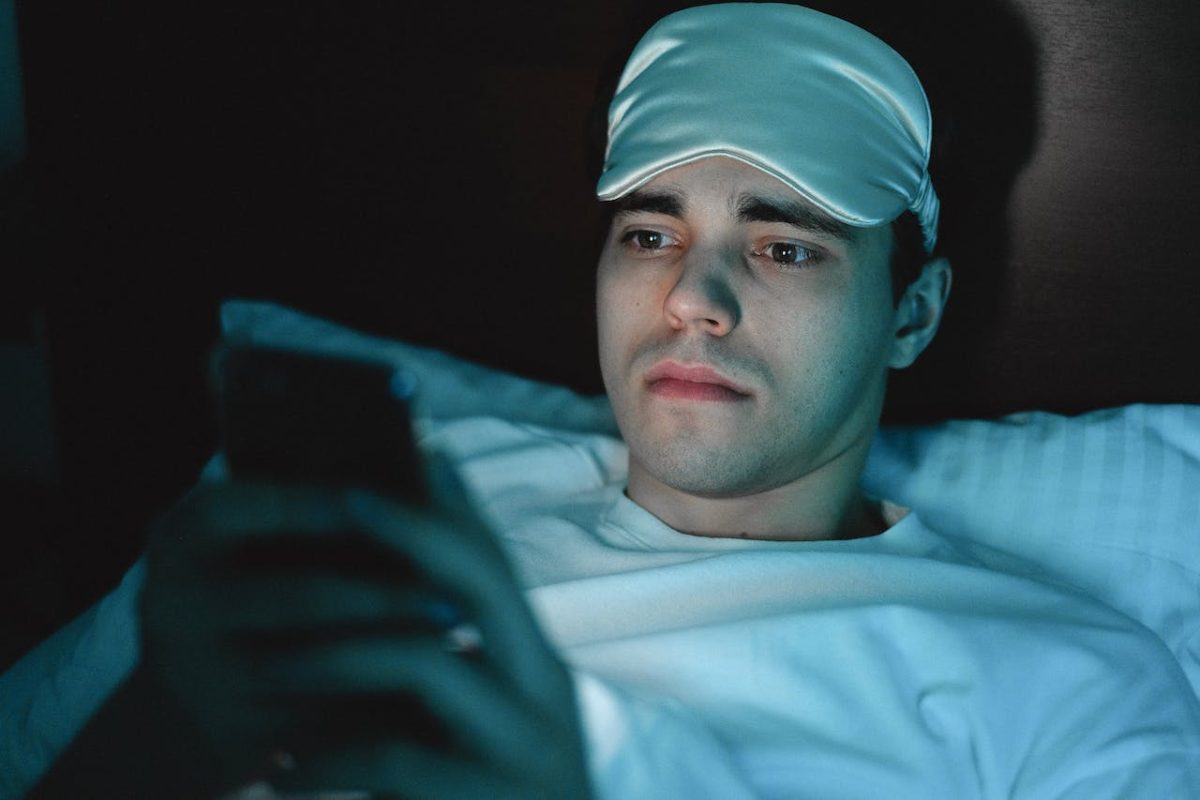

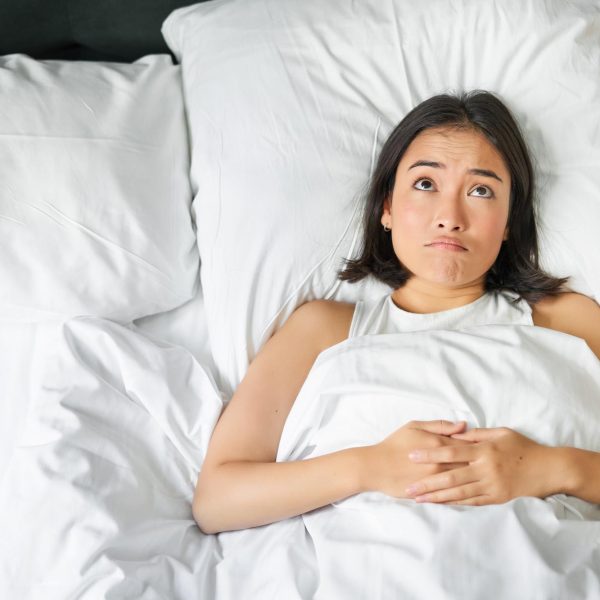

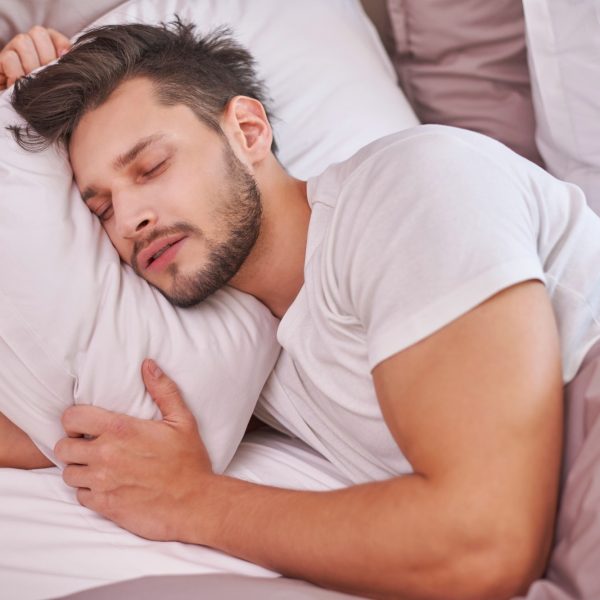
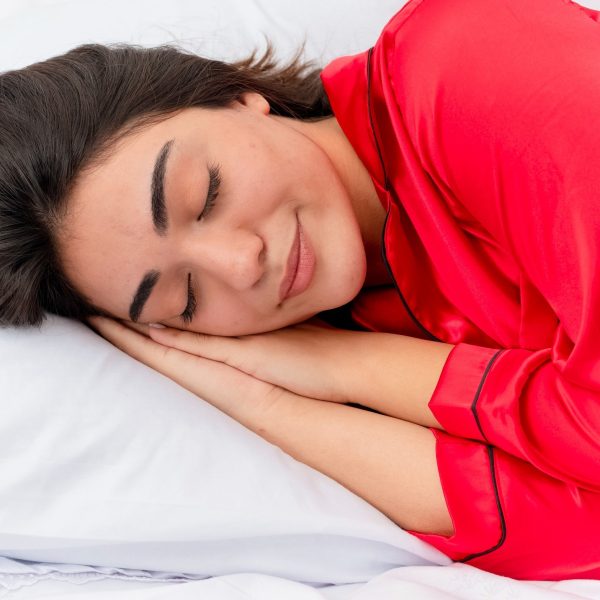








Share this article